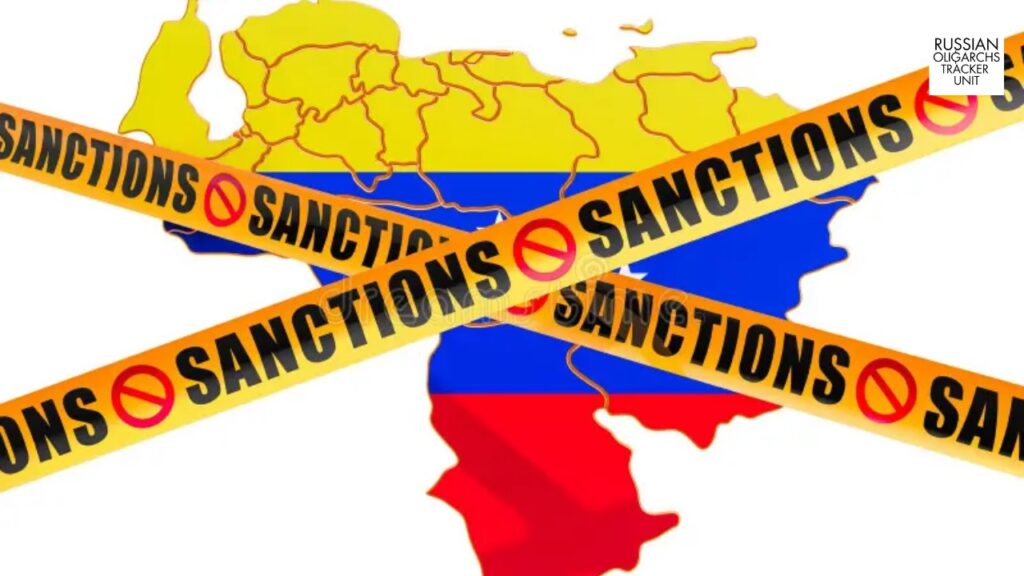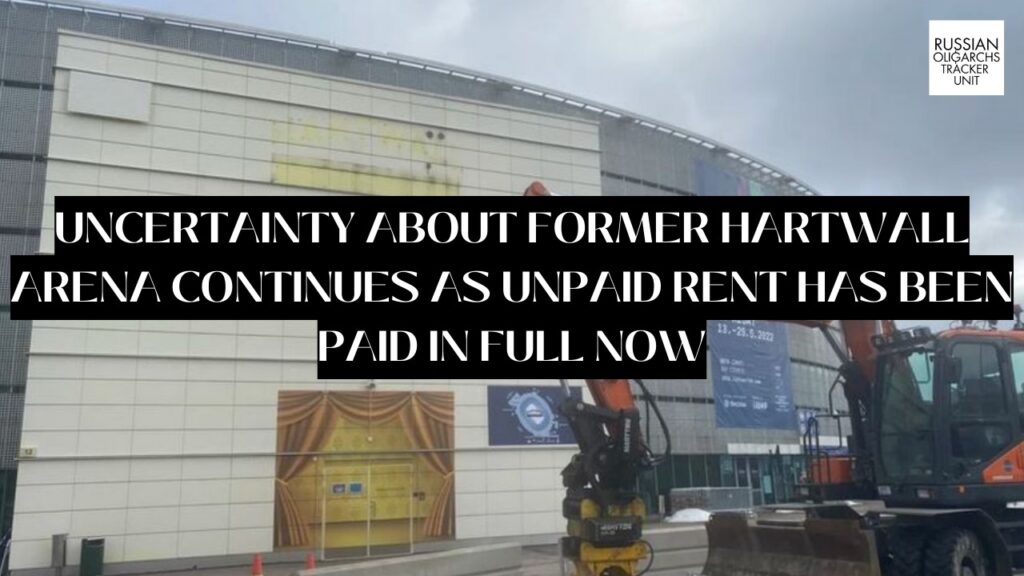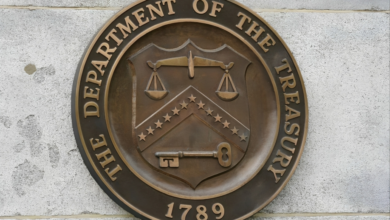Helsinki Halli: Navigating the Maze of Ownership and Uncertainty
The Unsettled Future of Helsinki Halli: A Tale of Ownership and Uncertainty
For over eighteen months now, the Hartwall Arena, now rebranded as Helsinki Halli, has remained dormant, its future hanging in the balance. This period of stagnation can be attributed to Russia’s invasion of Ukraine, an event that significantly impacted the arena due to its ownership ties. This article explores the complex saga surrounding Helsinki Halli, encompassing issues related to ownership, sponsorship, event cancellations, and the emergence of potential new arenas in the Finnish landscape.
The Russian Oligarchs’ Ownership

Since 2013, Helsinki’s largest concert venue has been under the ownership of three Russian oligarchs: Gennady Timchenko, Arkady Rotenberg, and Boris Rotenberg. These individuals found themselves on the European Union’s sanctions list in connection with Russia’s actions in Ukraine. This association prompted swift actions from various stakeholders, triggering a cascade of events that would shape the arena’s destiny.
Sponsorship Fallout
The Finnish beverage company Hartwall, a major sponsor and holder of the arena’s naming rights, sought to distance itself from the Russian owners. In response to the invasion, Hartwall terminated its sponsorship, swiftly removing all Hartwall branding from the arena within the first week of the conflict. This move had ripple effects throughout the arena’s ecosystem.
Event Disruption and Relocation
Event organisers faced a challenging predicament. With bookings already in place, the sudden unavailability of Helsinki Halli forced them to seek alternative venues. Some events were canceled altogether, while others were relocated to smaller venues within Helsinki, like the Helsinki Ice Hall. Additionally, events were shifted to other cities, such as Espoo and Tampere, which suddenly emerged as an appealing alternative.

Tampere’s Allure
Tampere’s Nokia Arena, boasting a capacity of 15,000 seats, became an attractive option for event organizers. The arena, which opened in December 2021, was a fresh addition to Finland’s entertainment landscape. This shift in preference towards Tampere did not sit well with Helsinki, prompting discussions and plans for the construction of new arenas in the capital, one of which aspires to be Northern Europe’s largest multi-purpose arena for cultural and sports events.
Unpaid Rent and Legal Considerations on Helsinki Halli
In the midst of these developments, the unpaid rent of 100,000 euros for the existing arena was openly debated. It was hoped that this unpaid rent could serve as a basis for legal action, potentially leading to new ownership. However, this possibility was contingent on several factors, including political and legal considerations. At the end of August 2023, Finland’s Minister for Foreign Affairs, Elina Valtonen, made a statement addressing the situation.

While her remarks alluded to the unpaid rent, she emphasized the importance of adhering to the law, hinting at a protracted process. It remains unclear whether her statement was solely focused on the unpaid rent or if there are other avenues for addressing the arena’s fate. The uncertainty surrounding legal proceedings has been somewhat alleviated, as the arena’s owners have now settled the unpaid rent with the City of Helsinki. Consequently, the prospect of initiating legal action that could have led to new ownership is no longer on the table.
Current Standstill
As of the latest update, the Mayor of Helsinki, Juhana Vartiainen, has reported no further developments regarding Helsinki Halli since Minister Valtonen’s statement in late August 2023. The fate of the arena continues to hang in the balance, with no immediate resolution in sight.
In conclusion, Helsinki Halli’s story is one of geopolitical entanglements, economic repercussions, and the evolving landscape of Finland’s entertainment venues. Its future remains uncertain, subject to the intricate web of ownership, politics, and legal considerations.








